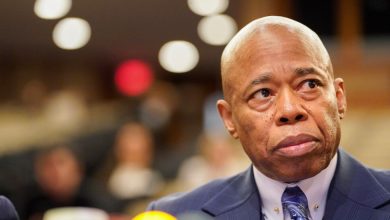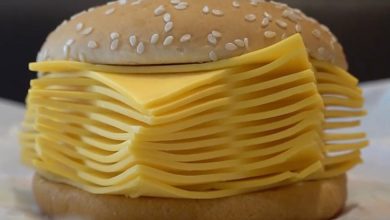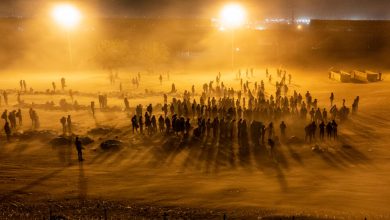O.J., Made in America, Made by TV

One of the strangest quotes I can remember associated with O.J. Simpson came from the broadcaster Al Michaels during the notorious freeway chase in 1994. Michaels, a sports commentator now covering the flight from the law of one of America’s biggest celebrities, said that he had spoken with his friend Simpson on the phone earlier. “Al,” Michaels recalled him saying, “I have got to get out of the media business.”
For a man who was about to be arrested and charged with the murder of his ex-wife and her friend, it was an odd statement. But it was accurate. Simpson, during and after his pro football career, was a creature of the media business. With the freeway chase, and the acrimonious trial on live TV, he would essentially become the media business. Simpson, who died Wednesday at age 76, was one of the most-seen Americans in history.
What did people see when they looked at O.J. Simpson? A superstar, a killer, a hero, a liar, a victim, an abuser, an insider, a pariah — often many of these at once. In his fame and infamy, he was an example of what celebrity could make of a person and a symbol of what the media could make of a country.
Simpson’s football career made him a TV star in itself, as he became the first back to rush for more than 2,000 yards in a season with the Buffalo Bills. But he found his way into mass-market stardom during the commercial breaks, doing endorsements for RC Cola, Chevrolet and, most famously, Hertz rental cars.
As the documentary “O.J.: Made in America” would later detail, race was a subtext of Simpson’s fame, even in his pitchman days. There was a sense of social relief in having white America, after the civil-rights battles of the 1960s, embrace a charismatic Black star. It felt good for the country to like O.J.





